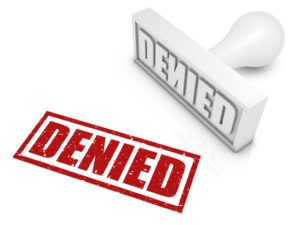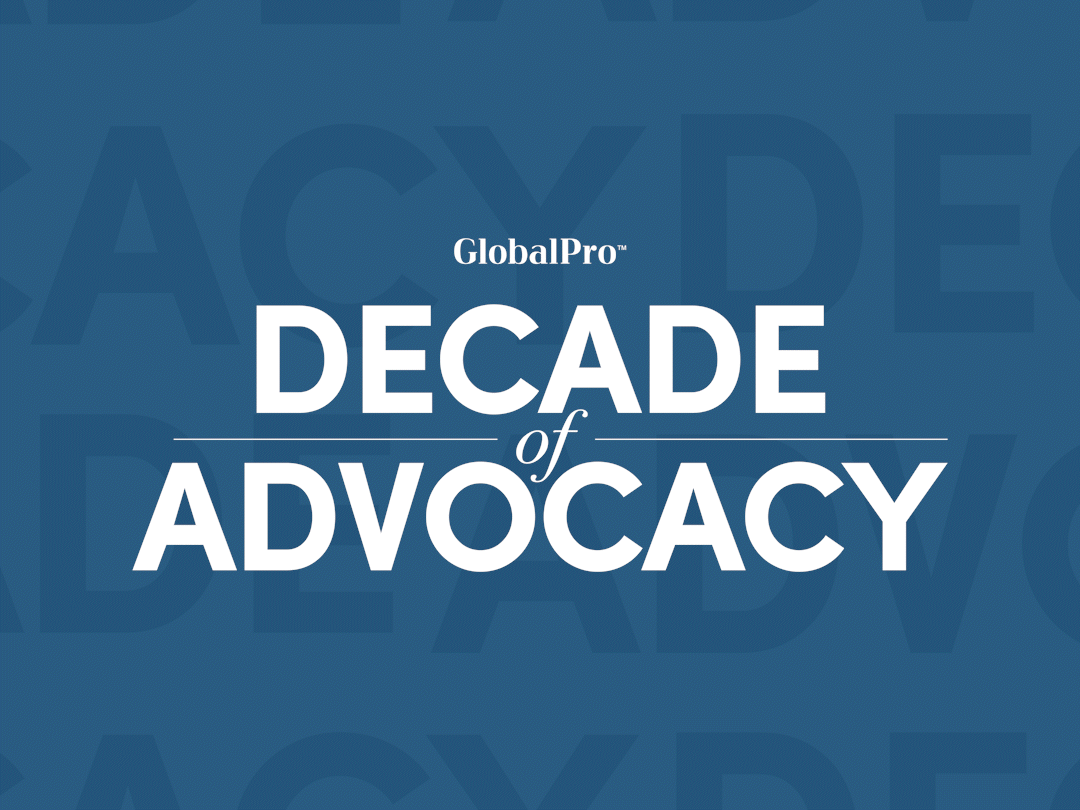Insurance fraud: Who are the real culprits and victims?
All too often, insurance companies do everything in their power to deny or minimize a homeowner’s property damage claim. From time to time, unethical insurers go beyond the boundaries of the law, such as illegally changing an inspector’s report to reduce the size of the reported loss. When fraudulent actions are exposed, the insurers have been known to file lawsuits against the “whistle-blowers” who brought the problem.
It’s an arrogant approach to doing business that harms the reputation of the entire insurance industry – a far more expensive price in the long run than settling a homeowner’s claim as quickly and fairly as possible.
In my long-time role as a public adjuster and insurance consultant, I spend much of my time helping property owners with their claims against homeowners, windstorm and flood insurance companies. Because they are not experts in the complex and arcane language of insurance policies, most people face an uphill fight against the industry when filing a claim.
However, they don’t expect to defrauded by the insurance company, which happened in New York, or have the integrity of the public adjuster who represents their interests be attacked in court, which occurred recently in Florida.
On March 1, CBS aired an important story on “60 Minutes.” Called “The Storm after the Storm,” the segment focused on the continuing impact of the hurricane that struck New Jersey, New York and other Northeastern states in October 2012, resulting in 117 deaths and more than $60 billion in damage.
Today, many of those homeowners’ claims are still unresolved. Others have been cheated out of the funds needed to rebuild their homes when the original damage reports were changed to make the losses seem less severe. For example:
Bob and Sharyn Kaible’s house in New York had been knocked off its foundation by the hurricane. Their flood insurance company sent an engineer to inspect the damage. But three weeks later, the Kaibles received a report that there was no structural damage to their home.
They asked for another inspection, and same engineer came back. He showed them his original report, which had been changed by the insurance company to say the damage had existed before Hurricane Sandy. Ultimately, the Kaibles received only $79,000 on a $250,000 policy, and had to tear down the house and sell the property for a loss. Meanwhile, the insurance company filed a lawsuit against the Kaibles for “stealing” the engineer’s original report.
So, it’s not surprising that more than 2,000 victims of Hurricane Sandy have filed lawsuits in federal courts against their insurers.
Meanwhile, insurers go to great lengths to attack public adjusters who have an unbiased perspective on the industry and the knowledge to help their clients be compensated fully for their losses.
In Florida, an Orlando public adjuster was unjustly accused of fraud by the state’s chief financial officer last year. He was arrested for allegedly inflating a hotel’s loss claim for fire damages. These types of claims are often underpaid by insurers because it takes time and expertise to determine how the smoke and heat of a fire affected the structure, the systems and the materials in a home.
Soon after his arrest, the Orlando adjuster filed a statement correcting numerous factual errors in the accusation, and included photographs of charred roof trusses that the insurer’s inspector said were due to water damage. Needless to say, the adjuster was cleared of all charges in a recent jury trial – although he never received an apology from the state official for his initial inaccurate and unjust comments.
These unfortunate situations in New York and Florida show the extent to which the insurance industry has shifted priorities to saving money in any way possible rather than paying legitimate claims.
But the only reason people buy insurance is to protect against potential financial loss. They trust their insurer to treat them fairly and decently. Today, the insurance industry is in grave danger of losing that sense of trust due to its misplaced focus on minimizing claims. Unless that changes, there will be profound structural damage to the industry – with no one to blame but the carriers themselves.



